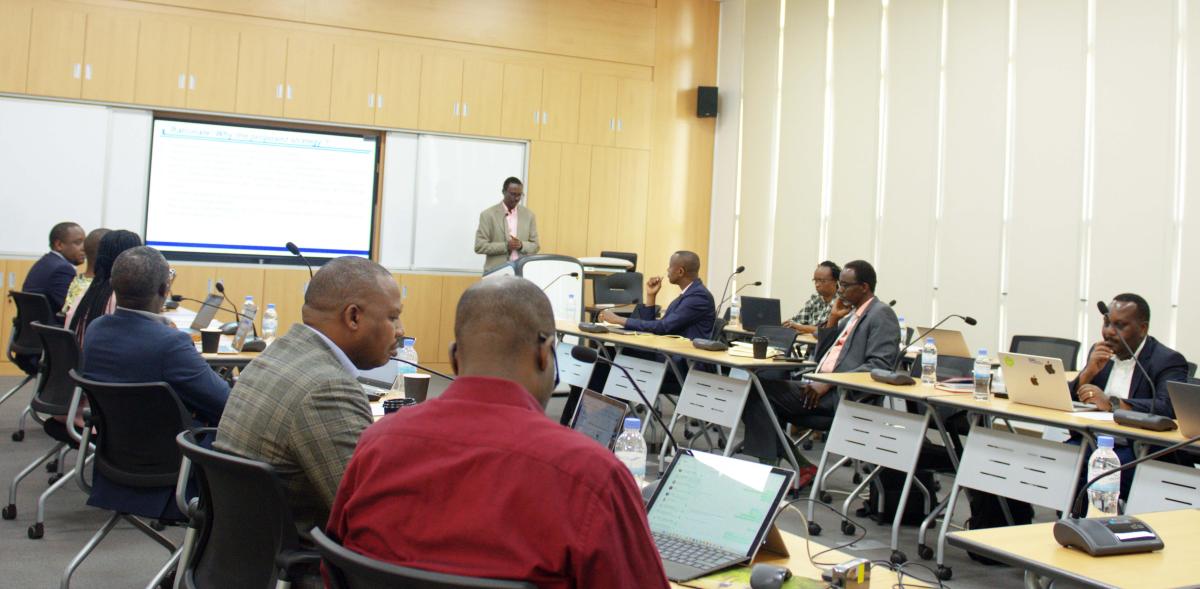UR is set to roll out its Technology Transfer and Commercialization Strategy, a transformative step for innovators and researchers among its staff and students. The initiative is partly funded by the UR-Sweden Program under its Research and Innovation subprograms, reflecting its commitment to promoting innovation and research at the University of Rwanda.

A workshop bringing together college directors of research, heads of research centres, and industry partners was recently held to deliberate on the implementation of the strategy. The discussions reaffirmed that UR’s innovation and research ecosystem is gaining momentum and becoming stronger.
Aligned with the National Commission for Science and Technology (NCST) strategy, this initiative seeks to ensure that innovative and research ideas from both staff and students move beyond paper into tangible solutions with real social and economic impact.
According to Prof. Samuel Mutarindwa, UR’s Director of Research, the workshop agreed to draft a comprehensive document that will soon be tabled before the University Senate for approval. Once approved, implementation will follow, paving the way for innovations to be nurtured and commercialized.
“This strategy will allow students and researchers to benefit directly from their work, as some innovations will be commercialized to generate income. At the same time, industry and the community will gain from evidence-based innovations” said Mutaridwa, adding that the initiative fulfills UR’s mandate of making societal impact while earning revenue from research-driven products and services.
The strategy is expected to strengthen innovation development, technology transfer, and commercialization of products and services at UR.
A total of 24 participants took part in the workshop, including representatives from the UR Directorate of Research and Innovation, the UR Centre for Promotion of Students’ Innovation and Entrepreneurship, college directors of research and innovation, directors of centres of excellence, the Director of SPIU, and managers of incubation hubs.